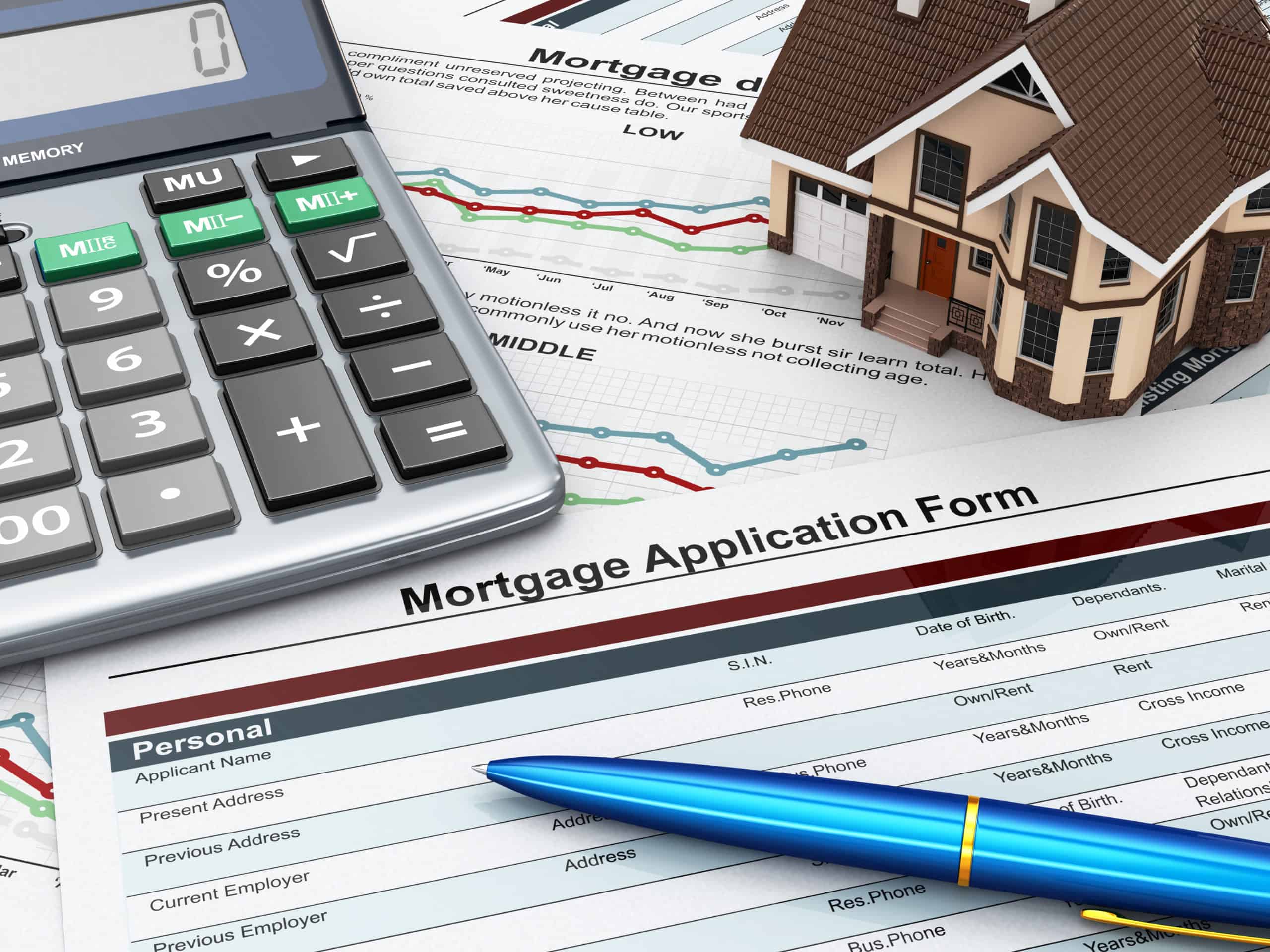To make Wealthtender free for readers, we earn money from advertisers, including financial professionals and firms that pay to be featured. This creates a conflict of interest when we favor their promotion over others. Read our editorial policy and terms of service to learn more. Wealthtender is not a client of these financial services providers.
➡️ Find a Local Advisor | 🎯 Find a Specialist Advisor

Earlier this year I wrote an article comparing the costs of renting versus owning a house, and it quickly became one of my more popular articles on Medium. Since then I’ve also completed my Mortgage Salesperson exam, am currently in the process of getting my mortgage license, and recently renewed my mortgage. I’m in a bit of a mortgage swing.
I was actually really nervous about having to renew my mortgage. I became self-employed a year and a half ago, and I don’t have the steady income or the income level I am working towards yet. I didn’t know a thing about the process at that time, and I had some sleepless nights thinking I wouldn’t be allowed to renew my mortgage, and I would be homeless. But it ended up being okay. It actually ended up being really okay.
My Original Mortgage
I bought my house 5 years ago and originally got a 2.74% fixed rate 5-year closed mortgage, over a 25-year amortization. What that meant was I would have a consistent rate of 2.74% for 5 years, then I would have to renew my mortgage. And my mortgage principal payments were calculated to be paid over a total of 25 years. I set it up to pay bi-weekly, matching with my paycheques to make things easy. I paid about $410 every two weeks (26 payments) or $890 monthly (12 payments).
At the time rates for mortgages had never been lower, so I felt like I was getting a heck of a deal. Especially when my parents tell me about times when their credit card and mortgage had the same rate. But luckily for me, mortgage rates got even lower.
My New Mortgage
When I recently renewed my mortgage, I locked in a 2.04% fixed rate 5-year closed mortgage. This lower rate actually dropped my mortgage payments to about $375 every two weeks or $812 a month. For the next 5 years, my mortgage just dropped 8.5%, saving me over $900 a year.
Even though my mortgage payments are less, looking at the payment structure, a higher dollar amount, and a higher percentage of the payment are going towards the principal. Even though I’m paying less, I’ll see an accelerated diminish to my outstanding principal balance. It’s a win-win.
If I continued to pay the extra $35 a payment, that extra amount would go straight to the principal of the mortgage, and actually shorten my amortization. Meaning I would pay less interest while I pay down my house, and have it paid off quicker than typical.
Owning vs. Renting Aspect That’s Often Overlooked
One thing that I think is often overlooked, and it’s something I didn’t think about until I renewed my mortgage, is the fact that you can lock in stability and predictability with your mortgage. You can know exactly what your payments are going to be for a period of time.
Here in Manitoba, landlords can legally increase rent every 12 months, and in 2021 they can increase rent by 1.6%. If we assume that is a standard rate, and apply it to my original $890 per month, my payments would have increased to $904, $919, $933, and $948 for the first five years of my mortgage. And would have continued to increase to $964, $979, $995, $1011, and $1027.
Total rent using the numbers above would be $114,840, and with my actual mortgage numbers, my total payments would equal $102,150, a difference of $12,690. I have stability in my payments and I’m paying less to build equity and net worth.
This Isn’t Always the Case
Of course, things could go the other way. If mortgage rates increase, you could be looking at higher mortgage payments. And if you’re renting, maybe your landlord doesn’t increase rent every year, or if so, it isn’t at the maximum rate. So there are a lot of variables and a lot of things that could change to make it look attractive either way.
In my case, it has worked out really well. It’s never been cheaper to borrow to own property. You could argue that mortgage rates could only go up, and in the future, it will become more expensive to borrow to buy property, and that’s true. But with financial planning, budgeting, investing, and other strategies, you can account for it and make the money that you would save now go further than ever.
To make Wealthtender free for readers, we earn money from advertisers, including financial professionals and firms that pay to be featured. This creates a conflict of interest when we favor their promotion over others. Read our editorial policy and terms of service to learn more. Wealthtender is not a client of these financial services providers.
➡️ Find a Local Advisor | 🎯 Find a Specialist Advisor

